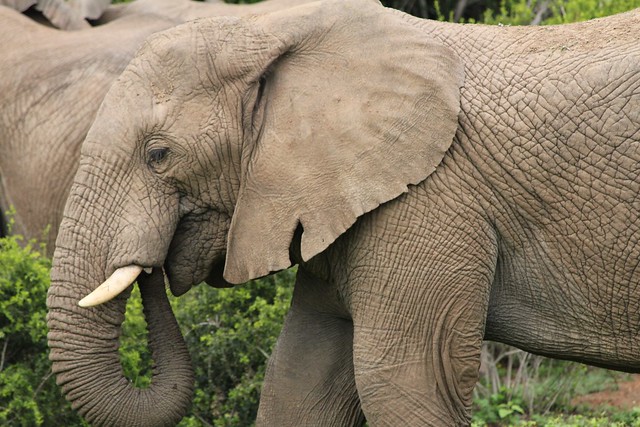Welcome back to our weekly round-up of the long reads on the web that are worth the investment. If you want to make sure you don’t miss future Global Comment content, don’t forget to sign up to our newsletter right at the bottom of this post.
Before we start, don’t miss one of our most popular posts from last week: A triangular geopolitical crisis in Kashmir and make sure you’re following us on Twitter, Facebook and, now, Pinterest so you don’t miss a thing.
To support the site and your favourite writers and content, consider supporting us with a one-time or recurring donation. We are reader supported and every donation helps.
Now, the links you’re here for:
Cut from the same cloth (Myfanwy Tristram, Longreads)
“Fine: I’m proud of this fierce individual that appears to have inherited my own peacock inclinations. Not so fine: I find myself envious that she has a period of wild experimentation ahead of her — and a figure that means she fits into pretty much every thrift store find.
“So, uncomfortable with this disagreeable feeling, and at risk of falling into the parental cliché of “you’re not going out dressed like that!” I realize that there’s just one thing to do. I need to try and understand more about where the crazy looks are coming from. Instead of sighing heavily at the mess and fruitlessly asking, once again, for her to just try and keep it in check, I sit down and ask her to give me a beginner’s guide to her style. She is delighted to assist.”
Crash course: how Boeing’s managerial revolution created the 737 Max disaster (Maureen Tkacik, The New Republic)
“Airplane manufacturing is no different from mortgage lending or insulin distribution or make-believe blood analyzing software—another cash cow for the one percent, bound inexorably for the slaughterhouse. In the now infamous debacle of the Boeing 737 MAX, the company produced a plane outfitted with a half-assed bit of software programmed to override all pilot input and nosedive when a little vane on the side of the fuselage told it the nose was pitching up. The vane was also not terribly reliable, possibly due to assembly line lapses reported by a whistle-blower, and when the plane processed the bad data it received, it promptly dove into the sea.”
The Push to Make Fake Butter Cool (Again) (Bettina Makalintal, Munchies / Vice)
“With the current rise of “plant-based” branding, butter alternatives might just find new relevance. It’s only fitting for this makeover to be paired with Porowski, not just for Country Crock, but also for the category. In addition to his boyish good looks and his Queer Eye manifesto that food can change lives, Porowski is also known for his love of yogurt-laced guacamole and Italian cheese; on any day, his endorsement of non-dairy butter is a smart strategy. In an America primed as the land of alt-milk and Impossible Burgers, perhaps it is time for alt-butter’s comeuppance.”
The Quest for New Friendships in the Dregs of Adulthood (Roshani Chokshi, Shondaland)
“I wished it was as easy as making friends when you’re a kid, which inevitably made me long for those effortless beginnings of childhood friendships. With one, we ended up next to each other in the buffet line at a random Indian party. With another, we both liked fairies. With a third, our parents had stuck us in aikido class but we were much more interested in sharing notes and observations of the boys who had recently caught our attention.”
My Terezín Diary (Zuzana Justman, The New Yorker)
“I kept the diary from December 8, 1943, until March 4, 1944—the first winter of the two years I was imprisoned with my parents, Viktor Pick and Marie Picková, and my brother, Bobby, in the Czech concentration camp. (The camp was also known as Theresienstadt.) In addition to eight entries, it contains a few drawings, a poem about snow, and a story dealing with Terezín morality. Right after the war, I added a list of my girlfriends, marking the names of those who did not survive with a minus sign.
“When I first returned to the diary, many years ago, I found it difficult to read. Picking up the small book, three inches by four inches, with its cover of frayed green leather and its entries in tiny writing, I was not ready to be reminded of that terrible first winter in Terezín. I did not have much patience with my childish pronouncements (“Now I see, though, that it is possible to find happiness in work and in other things”) and my determined attempts to look at the bright side (“It will get better with time”).”
Image credit: Jon Mountjoy

